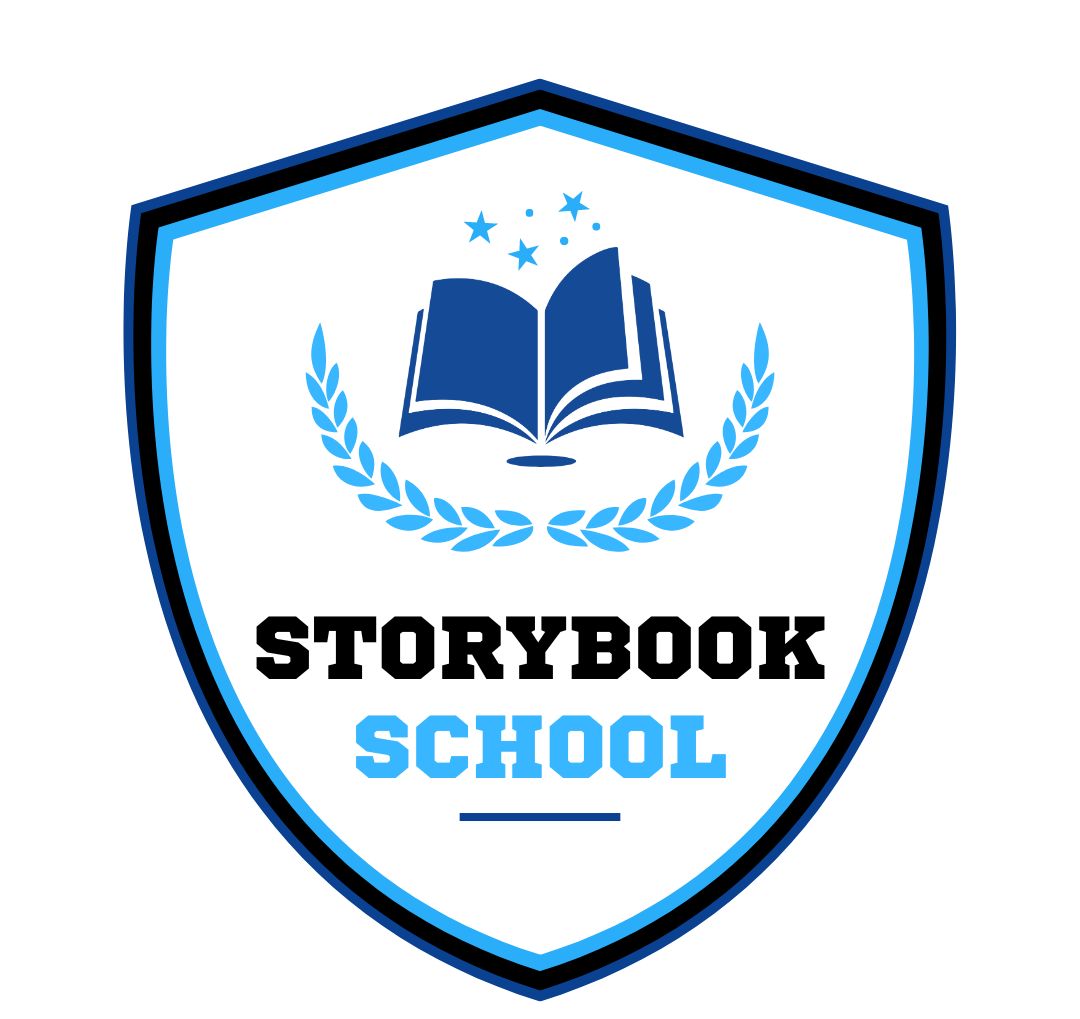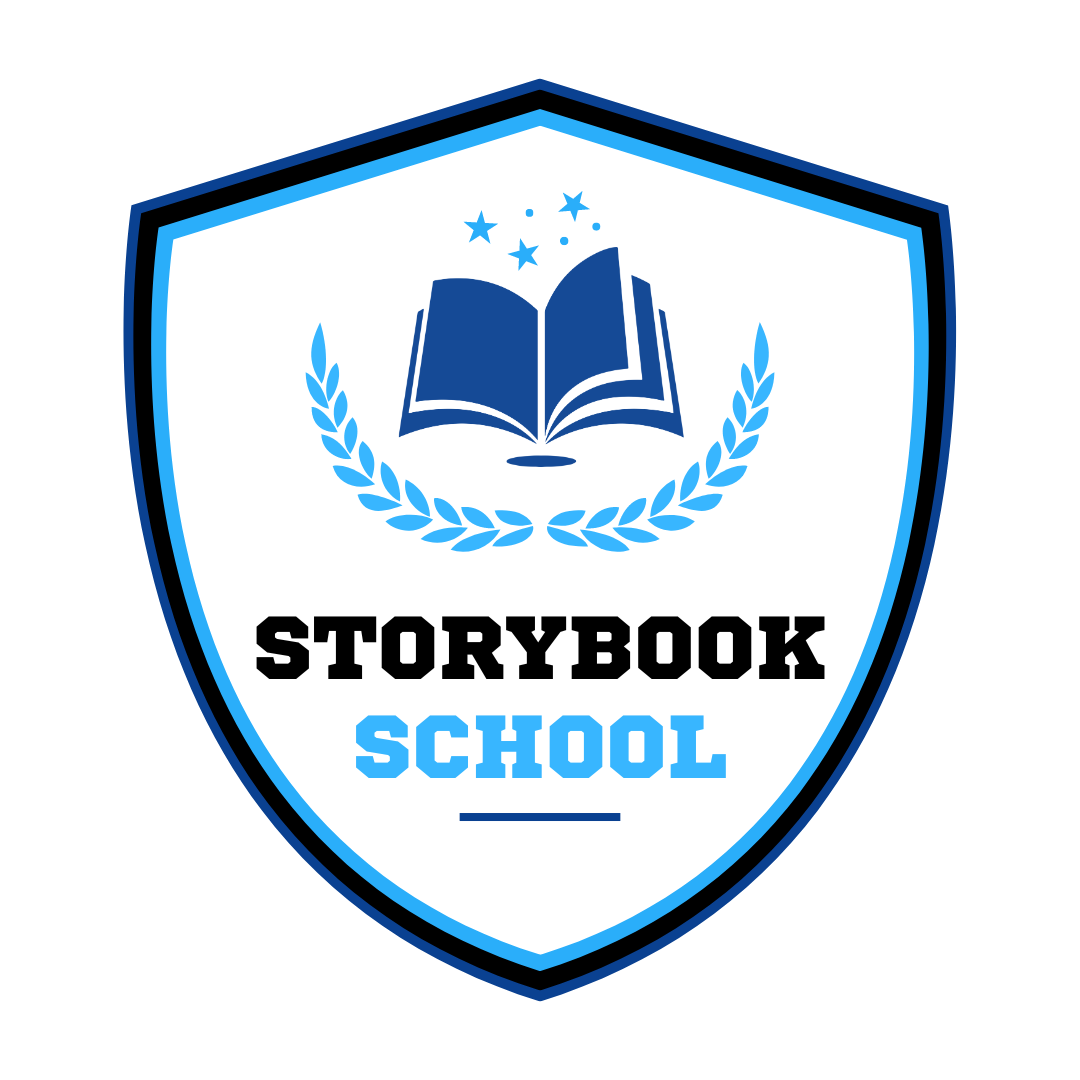How to Secure Your Child’s Spot in a Top Orlando Childcare Program
February 18, 2025

If you’re a parent in Orlando looking for quality childcare, you already know one thing—spots fill up FAST.
Whether you’re looking for full-time care, part-time care, or a preschool program, the best childcare centers in Orlando often have waitlists. And if you wait too long, you could be stuck scrambling for a backup option.
But don’t worry—we’ve got you! Here’s how to lock in your child’s spot before it’s too late.
1. Start Your Search Early (Like, Yesterday!)
Start looking for childcare at least 3-6 months before you need it (even earlier if you’re enrolling an infant). Some programs accept registrations a year in advance, so don’t wait!
2. Make a List of Your Top Choices
Not all childcare centers are the same. Some focus on early learning, while others provide more play-based care. Some have year-round enrollment, and others follow the school calendar.
Ask yourself:
- Do I need full-time or part-time care?
- Do I want an educational curriculum or more flexible care?
- What’s my budget?
- What’s the center’s schedule (year-round or seasonal)?
- How far am I willing to commute?
Once you have a clear idea of what you need, start researching "best childcare near me" to find programs that match your preferences.
3. Tour & Ask the Right Questions
A Google search can only tell you so much. The real test? Visiting in person.
When touring a childcare center, check for:
- Clean, safe, and welcoming spaces
- Engaging activities and learning materials
- Happy kids who seem comfortable and engaged
- Teachers who interact with kids in a warm, supportive way
And don’t be afraid to ask:
- What’s your enrollment process?
- Do you have a waitlist? If so, how long is it?
- What’s your teacher-to-child ratio?
- What’s included in tuition (meals, supplies, activities)?
- What’s your policy on sick days and holidays?
The more you know now, the fewer surprises you’ll have later.
4. Get on the Waitlist ASAP
If your first-choice daycare is full, don’t panic—get on the waitlist! Many parents enroll their kids months ahead, so spots do open up as families change plans.
5. Secure Your Spot
Once you find the perfect fit, lock in your child’s spot by completing the paperwork and paying any necessary deposits or registration fees.
Some centers allow you to hold a spot for a future start date, so ask if you can reserve now even if your child isn’t starting right away.
6. Finalize Details & Prepare for the First Day
Once you’re enrolled, make sure you:
- Confirm your child’s start date
- Gather any required documents (immunization records, emergency contacts, etc.)
- Read through the parent handbook so you’re familiar with policies
- Start prepping your child for the transition (especially if it’s their first time in daycare)
Spring enrollment is happening now, and summer/fall spots are filling fast—so don’t wait!
Need a Top Orlando Childcare Program? We’ve Got You!
At our program, we offer:
- A safe, nurturing environment
- Educational play-based learning
- Healthy meals and snacks
- Caring, experienced teachers
Spots are filling up—don’t miss out! Enroll today!

Storytelling has been a cornerstone of human connection for thousands of years. From ancient myths passed down orally to modern picture books read aloud at bedtime, stories help us make sense of the world. For children, storytelling is much more than entertainment. It is a powerful educational tool that lays the foundation for language development, cognitive growth, emotional understanding, and social connection. At Storybook School Orlando, we embrace storytelling as a core component of our curriculum, using it to inspire curiosity, ignite imagination, and nurture the whole child. The Magic of Stories in Early Childhood Children are natural storytellers. Long before they can read or write, they begin crafting narratives through play, pictures, and conversations. Storytelling taps into this instinctive creativity and helps children explore their thoughts and emotions. The repetitive patterns, rich language, and clear structures of traditional fairy tales, folk stories, and modern narratives provide children with frameworks that support their developmental milestones. When children hear stories, they are exposed to new vocabulary, sentence structures, and expressive language. Repetition and rhyme in stories like "The Three Little Pigs" or "Brown Bear, Brown Bear, What Do You See?" help children predict and participate in the storytelling, reinforcing their understanding of language patterns. Building Language and Literacy Skills Storytelling is a gateway to literacy. Listening to stories strengthens a child’s listening and comprehension skills, which are critical precursors to reading. It helps them understand narrative structure: beginning, middle, and end; problem and resolution; cause and effect. These are foundational elements of literacy that children begin to internalize from a very young age. Reading aloud to children also boosts phonemic awareness—the ability to hear, identify, and manipulate sounds in spoken words. This skill is a predictor of future reading success. Storytelling, particularly when paired with visual aids or books, helps children connect spoken language with printed words, paving the way for independent reading later on. At Storybook School Orlando, we incorporate a wide variety of stories, from classic fairy tales to multicultural folktales and contemporary picture books. Our storytelling sessions are interactive, encouraging children to predict outcomes, retell stories, and even create their own endings. This active participation deepens comprehension and makes learning joyful. Cognitive and Emotional Development Through Narrative Stories help children make sense of complex ideas and abstract concepts. By listening to and telling stories, children practice critical thinking and problem-solving. They learn to anticipate what might happen next, understand character motivations, and grasp the consequences of actions. Fairy tales often feature moral dilemmas, challenging characters, and emotional highs and lows that reflect real-life experiences. Through stories, children learn about courage, kindness, honesty, and perseverance. These narratives provide a safe space to explore big emotions like fear, jealousy, and sadness, helping children develop empathy and emotional intelligence. For example, when a child hears the story of "The Ugly Duckling," they relate to feelings of not belonging or being misunderstood. When the story resolves with the duckling becoming a beautiful swan, it reinforces themes of transformation and self-worth. These emotional connections leave lasting impressions and help children navigate their own feelings. Fostering Social and Cultural Awareness Storytelling also fosters social development by exposing children to diverse perspectives and experiences. Through multicultural stories and tales from different parts of the world, children learn about traditions, values, and ways of life that are different from their own. This builds empathy, respect, and appreciation for diversity. Group storytelling sessions at school promote cooperation, turn-taking, and active listening. When children are invited to share their own stories, they develop confidence in their voices and learn to value the voices of others. Storytelling becomes a bridge for communication, creating bonds among classmates and between teachers and children. At Storybook School Orlando, we celebrate cultural heritage through storytelling events, inviting families to share traditional stories from their backgrounds. These shared narratives enrich our community and affirm the importance of each child’s identity and culture. Creativity and Imagination: The Heart of Storytelling At its core, storytelling nurtures the imagination. It encourages children to dream big, think creatively, and envision new possibilities. Through pretend play and story creation, children develop narrative thinking—the ability to organize thoughts, build connections, and express themselves in meaningful ways. Our classrooms are filled with props, puppets, costumes, and story-themed play centers that invite children to bring stories to life. Whether reenacting "Goldilocks and the Three Bears" in the dramatic play area or creating an original story about space-traveling animals, children are constantly exercising their creativity. We also encourage children to become authors and illustrators of their own books. These storytelling activities empower them to see themselves as creators of content, not just consumers, boosting confidence and communication skills. Storytelling Beyond the Classroom Storytelling doesn’t end at school. We encourage parents to continue the magic of stories at home. Reading bedtime stories, making up tales during car rides, or even recounting family memories can strengthen bonds and reinforce learning. Here are a few ways parents can support storytelling at home: Read Aloud Daily: Choose a variety of books and take time to talk about the story. Encourage Retelling: Ask your child to tell the story back to you in their own words. Create Stories Together: Take turns adding parts to a made-up story. Use Props and Puppets: Bring stories to life with toys or homemade puppets. Celebrate Storytelling: Attend library story times, school events, or make your own family storytelling night. To make the most of storytelling experiences, it helps to prepare your child emotionally and socially for group settings. Read more about how to prepare your child for daycare and understand the best age to start childcare to support their journey. Conclusion At Storybook School Orlando, we believe that stories shape the way children understand themselves and the world around them. Storytelling isn’t just a part of our curriculum—it’s at the heart of everything we do. From fairy tales to personal narratives, stories provide the foundation for language, learning, empathy, and imagination. By embracing storytelling, we help children build strong foundations not just for school success, but for lifelong learning and connection. After all, every child’s story is just beginning—and we are honored to help them write the first chapter.

Getting your little one ready for daycare this winter? We share practical tips for Florida parents, from dressing in layers for unpredictable weather to boosting your child’s immune system. Learn how to pack smart, establish routines, and handle the inevitable germs like a pro. This guide has everything you need to make daycare a smooth and stress-free experience!

Not sure when to enroll your little one in childcare? You’re not alone! We break down the pros and cons of starting childcare at different stages—from infant care to preschool. Whether you’re heading back to work or your child is ready for new adventures, this guide will help you make the best decision for your family. 💛

Discover the unique advantages of enrolling early in the year! Starting in winter allows children a smoother transition, with quieter classrooms and more individualized attention. From building social skills to preparing for academic success, early enrollment offers countless developmental benefits that lay the foundation for lifelong learning. Dive into why winter might be the perfect season to kickstart your child’s educational journey.




